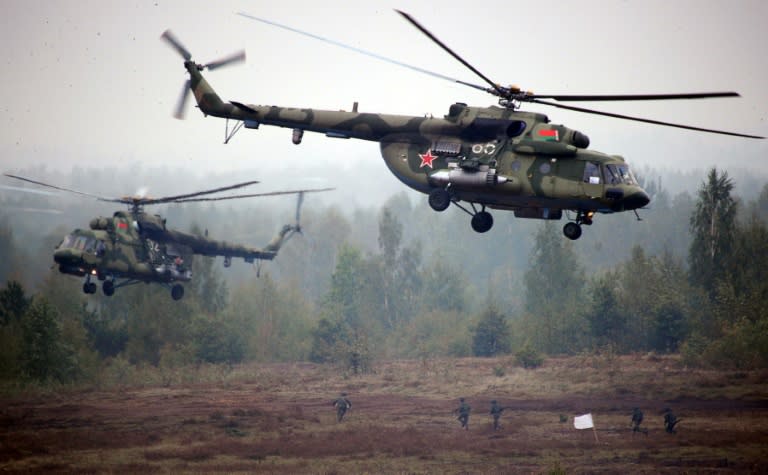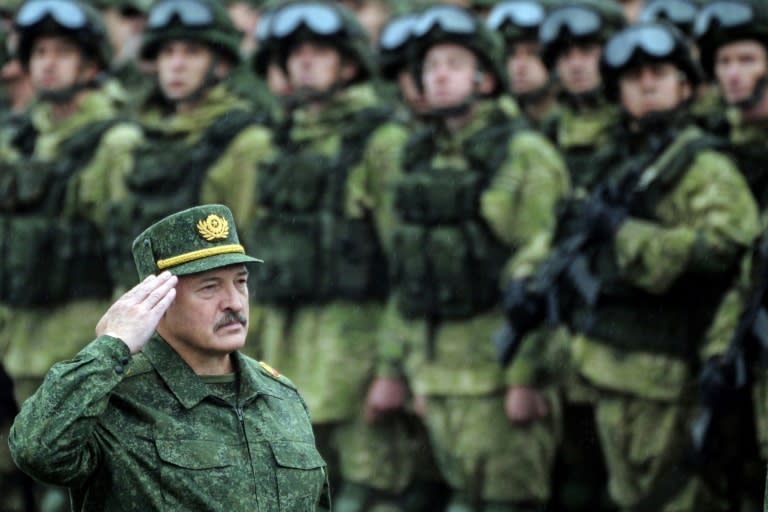NATO challenges Russia on military drill numbers
NATO members challenged Russia on Thursday over "discrepancies" in Moscow's account of controversial military exercises last month, alliance chief Jens Stoltenberg said. The Zapad drills that Moscow staged jointly with Belarus on NATO's eastern flank caused concern in Poland and the Baltic states due to their size and over Moscow's intentions. Zapad is Russian for "west" and Western nations feared the exercises closely resembled a rehearsal for war with NATO. "There is a discrepancy between what Russia briefed before the exercise... and the actual numbers and the scale and the scope of the exercise," Stoltenberg told reporters after Thursday's meeting of the NATO-Russia Council (NRC). "The number of troops participating in the exercise significantly exceeded the number announced before the exercise," he added, saying the 29-nation bloc had confronted the Russian envoy to the alliance, Alexander Grushko, over the issue. NATO members have repeatedly criticised Moscow for its lack of transparency over the military manoeuvres. General Ben Hodges, commander of US ground forces in Europe, said earlier this month that the Kremlin had split up the Zapad drills into smaller events to flout international agreements on reporting such exercises. Hodges said he believed more than 40,000 troops took part, though the Kremlin insists the figure was just 12,700 -- below the 13,000 threshold beyond which foreign observers can carry out inspections, according to international protocols. Some NATO members such as Germany and Lithuania have said they believe the figure could even have been as high as 100,000. There were fears in the run-up to Zapad that Russia could use the exercises as a ruse to leave troops deployed in close ally Belarus, but Stoltenberg said NATO had no indication this had happened. Grushko insisted there was "no proof" of the claims NATO was making. "All efforts have been to demonise Zapad," he told a separate news conference. "We do not accept the propaganda around the Russian exercises." The NRC met regularly until the Ukraine crisis plunged relations between the West and Moscow into a deep freeze in 2014 but the meetings resumed early last year after months of debate within the alliance over whether it would send the wrong signal to Moscow. US-led NATO continues to suspend all practical cooperation with Russia over its role in Ukraine but has kept political channels of communication open.



